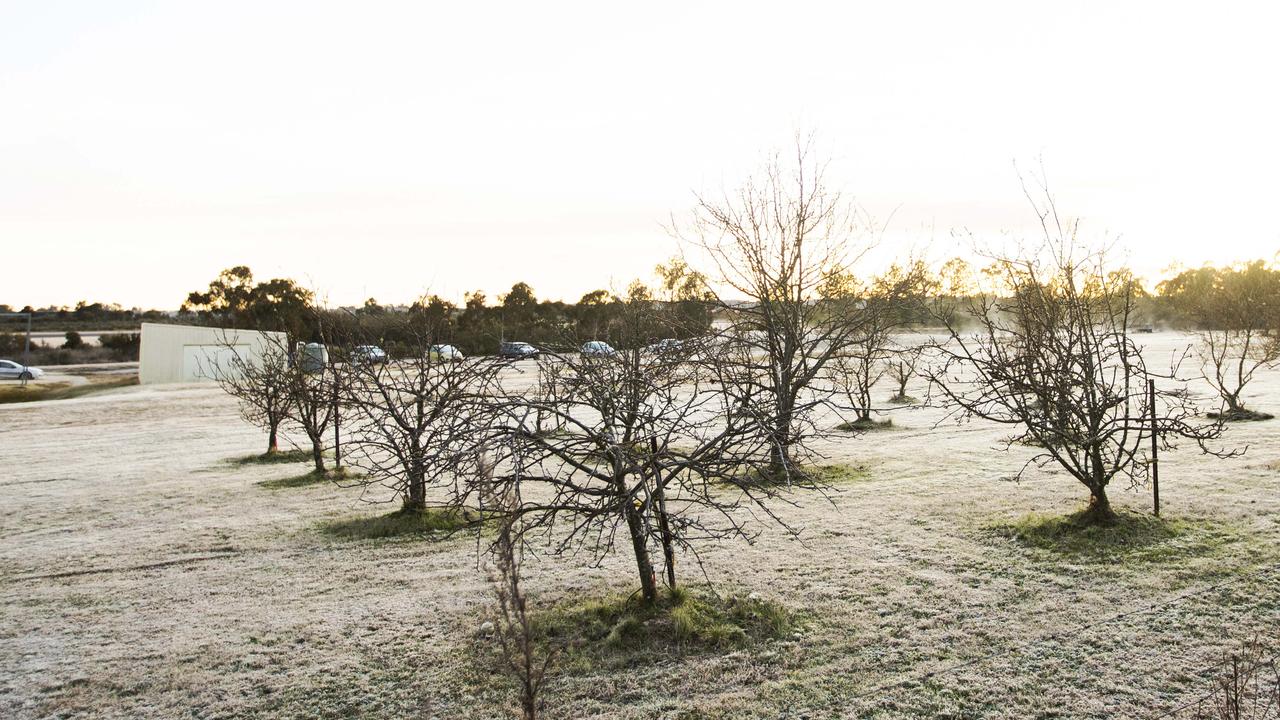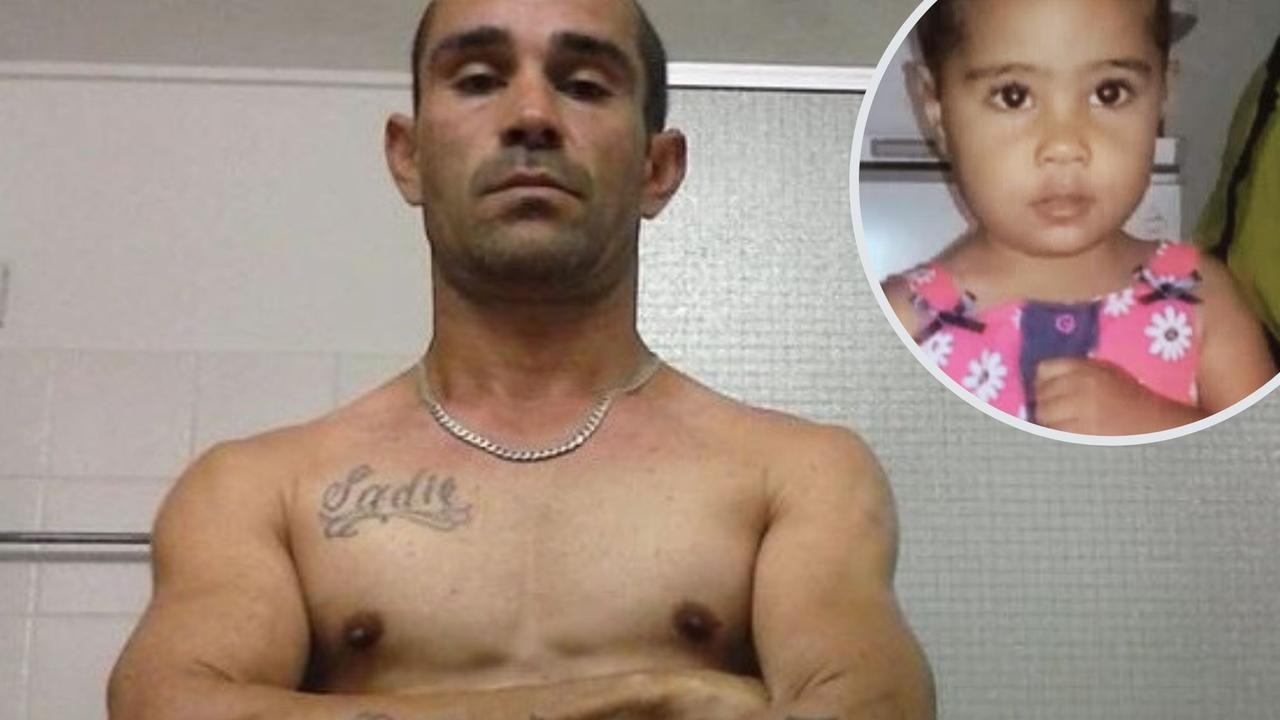Facebook fail as online vigilantes harm child victims
Think before you share that photo of an accused child abuser. Journalist SHERELE MOODY says social media vigilantism is widespread but it has to stop.

Think before you share that viral photo of an accused child abuser. Journalist SHERELE MOODY says social media vigilantism is widespread but it has to stop.
IF you're thinking about hitting "share" on a post identifying an accused child abuser, JUST DON'T.
You might get a feel-good kick from passing on this material but your actions can deny the victim justice and you could go to jail.
I was not at all surprised to watch as thousands of Facebookers this week circulated the name and photo of a man accused of sexually assaulting a child after allegedly abducting her from a Queensland shopping centre.
This happens every time a person is charged with sexual or physical violence against a child.
Social media vigilantism is widespread and it easy to understand why.
We would not be human if we did not get angry at crimes against kids.
Back in the days of no internet, outraged people would converge on court houses and police stations to yell abuse at people charged with committing a vile and reprehensible act against a little one.
Now, most people see a photo comment on Facebook, Twitter or Instagram accusing a person of an offence and their first reaction is to hit "share".
Often these posts are accompanied by claims that media are hiding the offender's identification to protect the accused.
This is not the case at all.
I get that most people are not journalists or lawyers and will not understand there are very tight restrictions covering what can and cannot be reported once a person is charged.
Each Australian state and territory has its own criminal code governing whether or not accused and their alleged victims can be identified when certain crimes are committed.
I won't go into these differences but a simple rule of thumb is this - if journalists are not publishing material that identifies an accused offender, you should not either.
Media outlets have lawyers who know - inside out - the rules governing publication.
It is their job to determine what journalists can or cannot publish without getting themselves and their employers in deep, murky and extremely expensive waters.
If we journalists do the wrong thing, we can end up with a reprimand from a judge at best and a fine or jail time at worst.

In 2016, a journalist found herself in major strife after she posted material that resulted in a murder trial being aborted.
Yahoo7 reporter Krystal Johnson released information on the media outlet's website that had not been given to the jury in the trial of Mataio Aleluia, who was charged with killing his girlfriend.
Johnson was convicted of sub judice contempt of court and Yahoo7 copped a $300,000 fine.
In 2014, another trial was aborted after a juror searched Facebook and the internet for information about the case.
Your social media page is not a newspaper, television outlet or radio show - I totally get that.
But this may come as a surprise - the rules on contempt of court and sub judice that govern major media outlets also apply to individual accounts on Facebook, Twitter, Instagram and other online forums.
So this means a court can punish you for publishing material that illegally identifies or casts guilt on a person accused of a crime.
Even the comments of your followers can lead to you paying a high price for their anger.
Defamation cases involving Facebook and Twitter are now commonplace.
I have even watched as a supreme court judge held an amateur "journalist" in contempt for running material on his blog that had been suppressed by the court.
If risking a fine or jail does not deter you, perhaps this will: Your actions could see an accused child rapist or killer never held to account.
All offenders in Australia have the presumption of innocence until proven guilty - without this, we could see guilty people walk free and innocent people go to jail.
Publication of material implying an offender is guilty results in tainted juries and it causes mistrials.
When accusatory material is published, defence lawyers may use this to delay trials, have them aborted or even try to get cases thrown out because a fair trial is not deemed possible.
Untold emotional and psychological damage can be caused to the victim and their loved ones when a case is delayed or dropped.
I'm not saying you cannot talk about an accused offender or the case, but you must watch the way you frame your comments.
In other words do not say someone did the crime but do say someone is accused of it or is alleged to have committed the crime. And do not put things like "one bullet" in your posts - that's just begging for trouble.
The legal process is already fraught without social media users sharing posts that should never see the light of day.
Please think before you hit "send" - the last thing a victim needs is for online vigilantes to scuttle any hope of justice.
News Corp journalist Sherele Moody is the recipient of the 2018 BandT Women in Media Social Change Maker Award and has multiple Clarion and Walkley Our Watch journalism excellence awards for her work reducing violence against women and children. She is also the founder of The RED HEART Campaign and the creator of the Femicide Australia Map.


